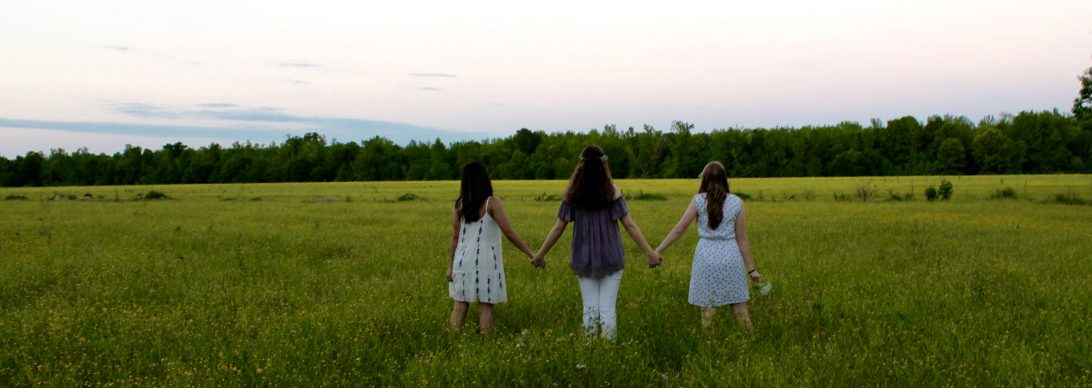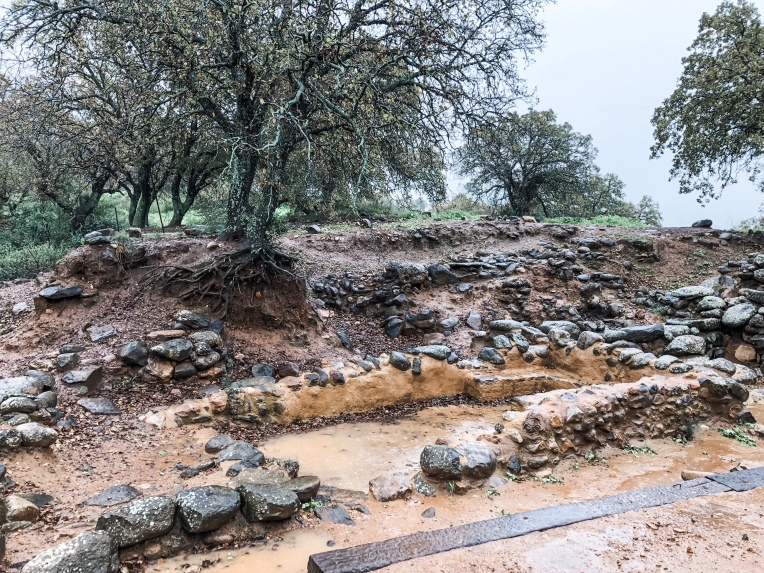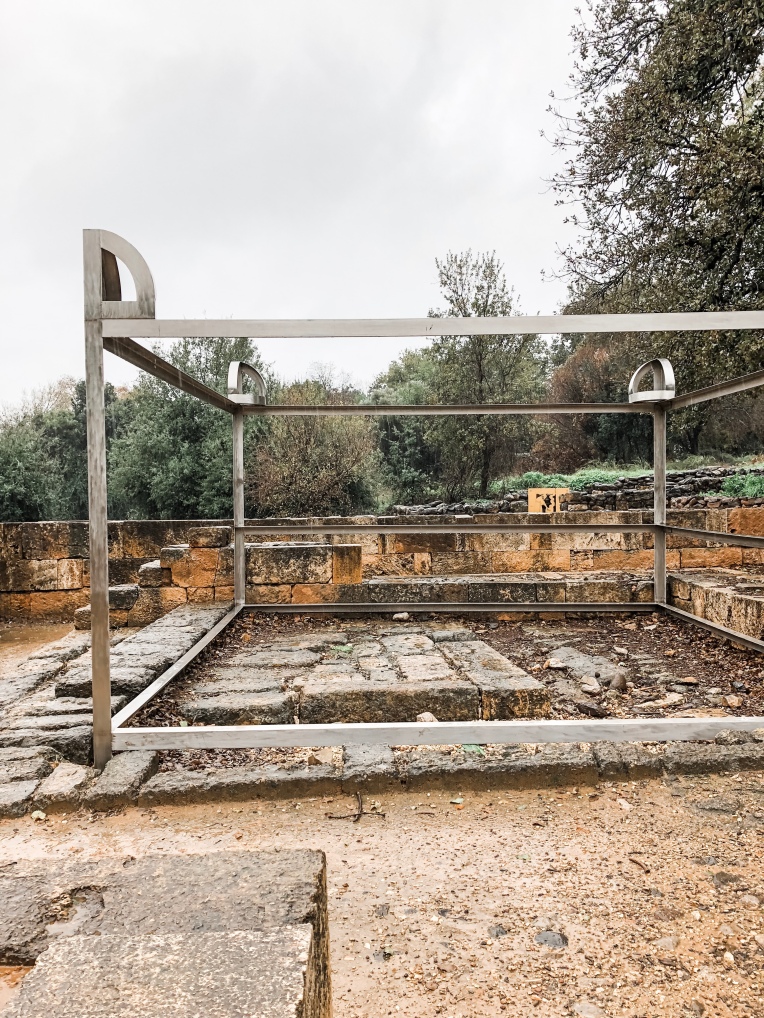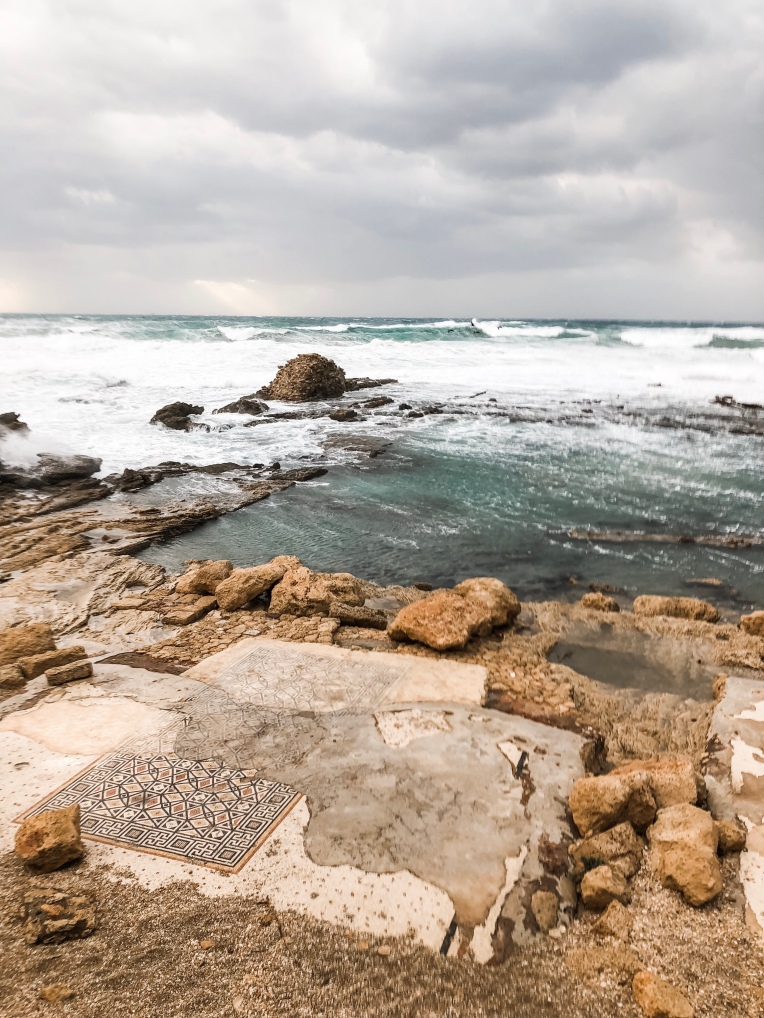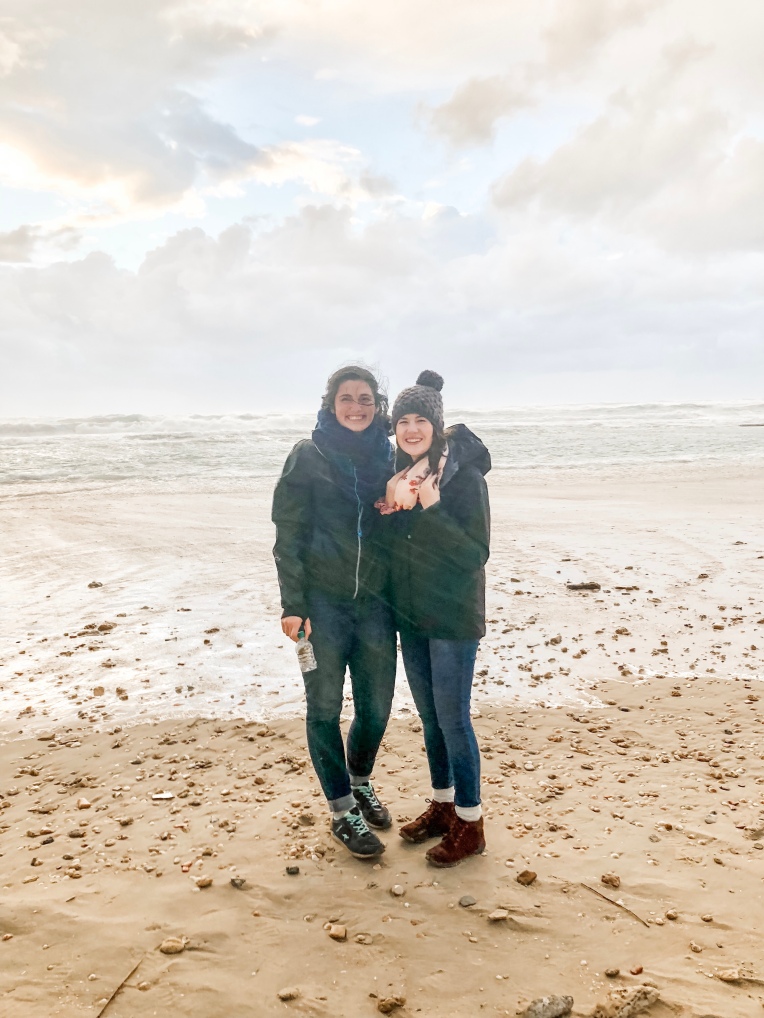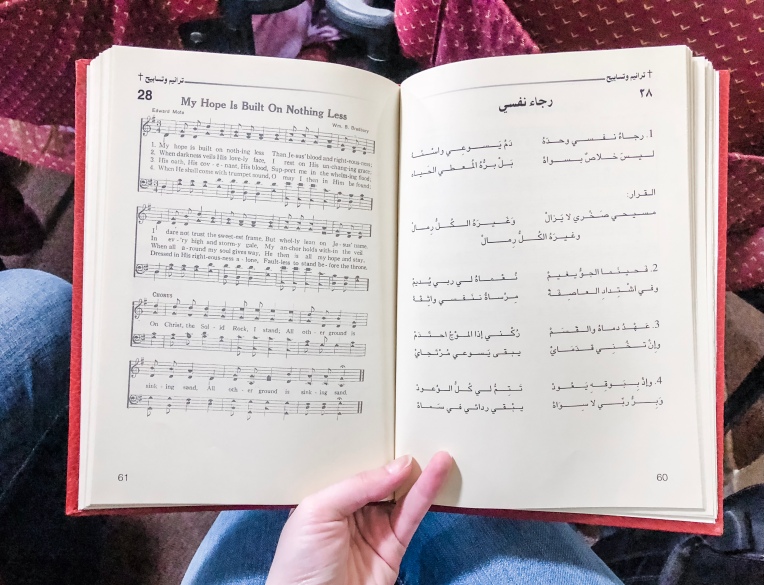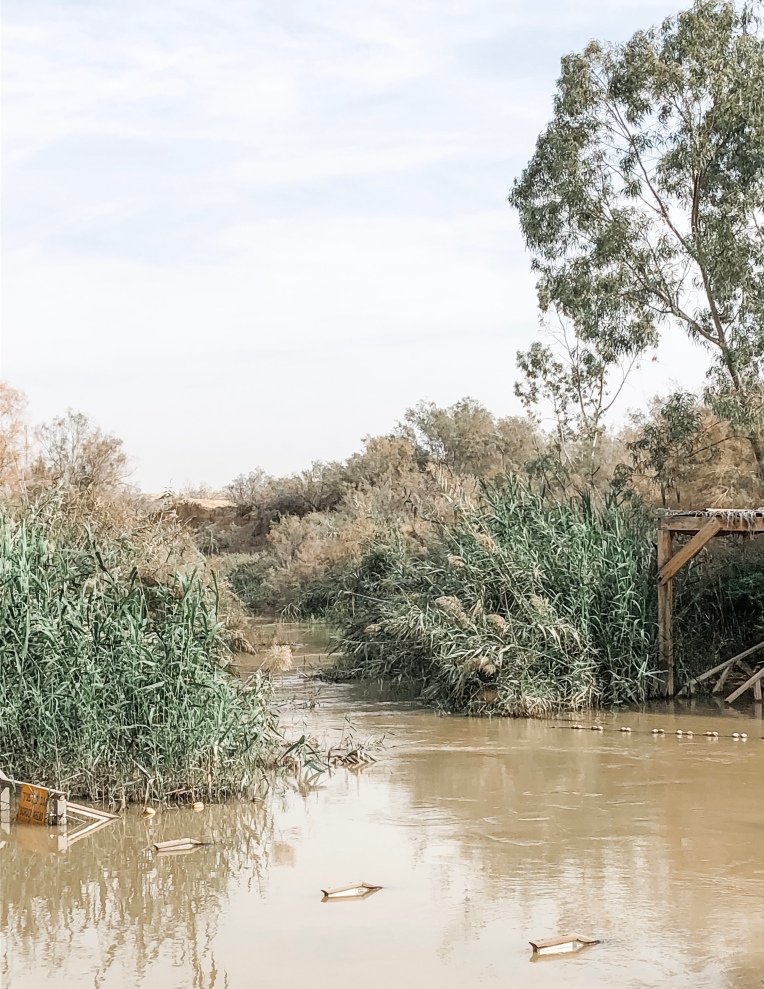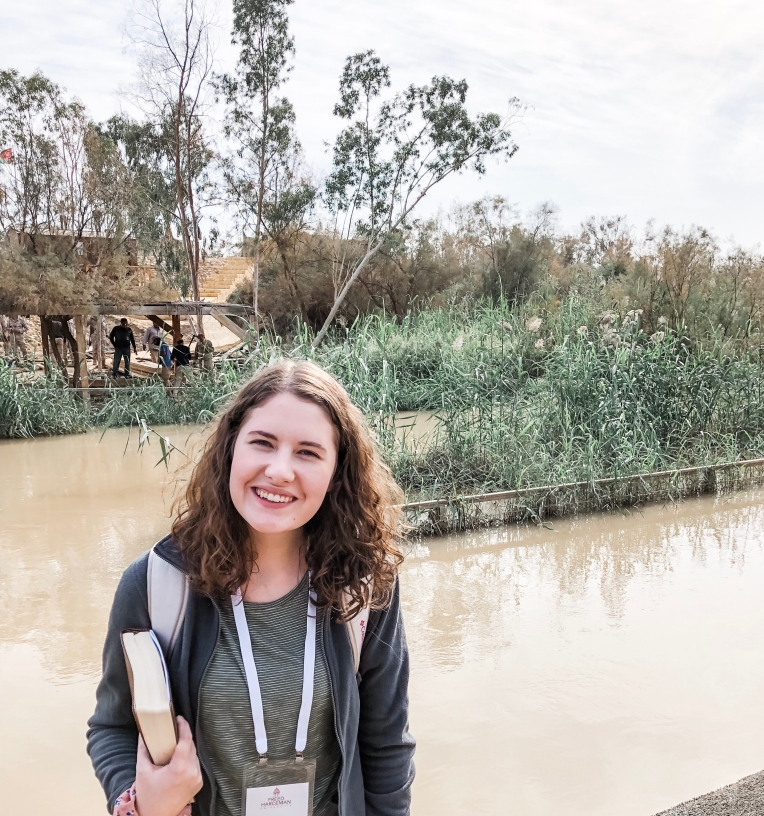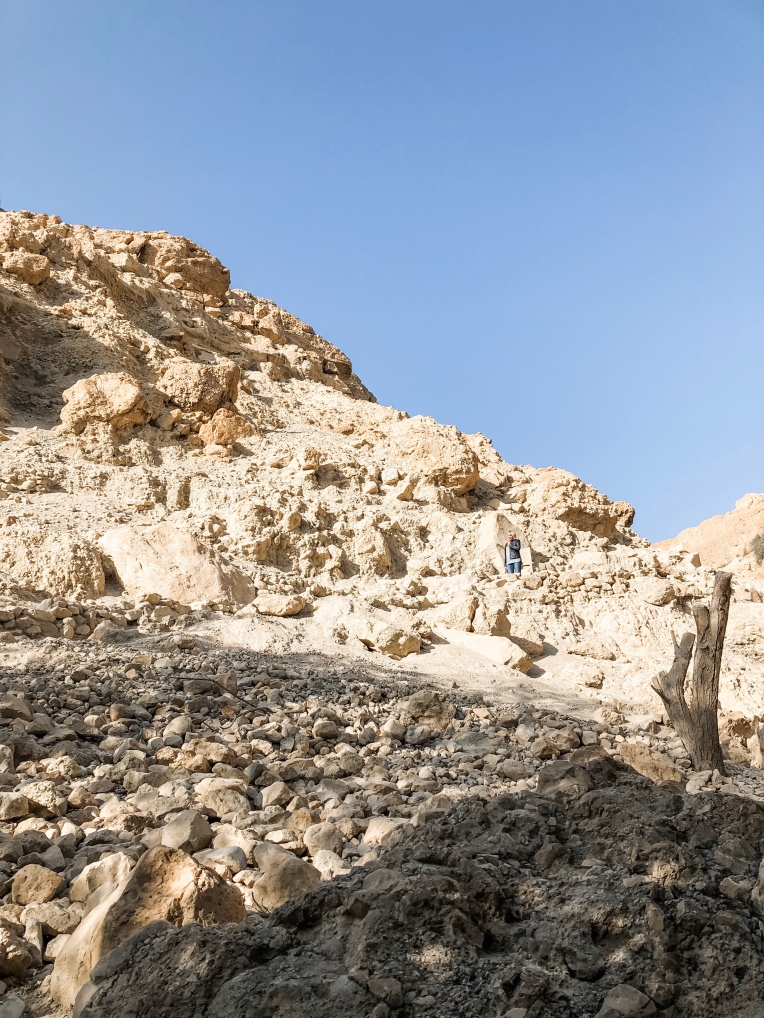This past year, I had the absolute honor of being one of the student coordinators for my university’s spring production, Makin’ Music. As the climax of my Makin’ Music experience, I couldn’t help but write about what this year has meant to me. I hope it resonates with everyone who has participated in the show, and I hope it inspires and intrigues anyone who hasn’t. Makin’ Music is a gift that has impacted who I am, and so, even though this post is a little atypical of my blog’s style lately, I felt that I had to write this. I hope it captures in some way everything that Makin’ Music is and means to so many people.
How do you start to explain Makin’ Music?
It doesn’t make any sense. It’s a musical, I start out by saying. But not like a regular musical. It’s more like a variety show. Except not at all. The students perform an original story, they write their own lyrics to the tune of familiar songs. And they wear costumes with lots of sequins and really exaggerated makeup and sometimes paint on their faces. They transition between different blocks, they do choreography. They have a set and these hand-drawn backdrops that pop up on the screen behind them. There are five shows, actually, and they last about 7 minutes. One for each of our social clubs on campus, because we have social clubs?
At this point whoever I’m trying to explain this to is completely lost.
It makes no sense. I’ve tried to explain it hundreds of times but I always fall short. Unless you see it, unless you do it, unless you experience it for yourself, you just can’t understand.
You can’t understand how in between the ridiculous makeup and glitter-doused prop pieces and the hairspray, something magical takes place. You feel it when you hit that perfect last note and sprint off the stage into the dark and you’re smiling so hard you can’t breathe and the adrenaline racing through you carries you all the way out to the flagpole where you scream for your club and your people and your show with all the energy you didn’t know you had left in you. Because that moment is straight magic.
But that moment is just one perfect culmination of all the magic that happens in between. The magic you feel when you hit a harmony for the first time. When you realize the person next to you in the block has become one of your new best friends. When your soloist really breaks free and everybody cheers her on. When those gangly and awkward Bible major boys who have never done anything like this in their life realize they love it, clumsy arms and smiling faces all the way from the back row. When you start to cheer on other people. When somebody’s mic dies but the whole student section erupts into applause when their solo ends. When people battle sickness and injuries because they just want to be part of those 7 minutes. When you walk through the parade into Loyd with so much pride for the people beside you and so much joy in your heart that it’s busting out of your face. When everybody starts to sing along to everyone else’s shows from the balcony on Saturday night. When people from another club stop you and say, “Great job,” and really mean it. When you’re backstage minutes before you go on, dancing and jumping and lip-syncing your heart out with your best people in the world. When you pray together. When you cry together. When you laugh together.
That’s magic.
It’s just 7 minutes. But those 7 minutes are the peak of everything. The climax of a year’s worth of hard work. Brainstorming, writing, re-writing, choreographing, costume designing, vocal practice, hours and hours and hours of cast rehearsals. The climax of a year’s worth of crying and not sleeping enough and being busy, busy, busy and loving all the magic that makes it worth it. It’s an exhausting, beautiful, rewarding year that ends in 7 minutes of flawless execution on stage. Which you get to perform 5 times in costume, at most. Only 3 of which count for judging.
And it ends in victory or heartbreak, there’s really no other option.
I’ve ended every Makin’ Music I’ve been part of in tears. My freshmen year, because our show was so far away but I still loved it so much. My sophomore year, because our show was so close. And this year, because after getting to watch every piece of this incredibly inexplicable thing come together, after standing there and announcing with my own voice who got take a trophy home with them, I wished that there was someway, anyway I could give every single one of them what I felt they all deserved— anything, anything to show them that the magic had been real, that everything they had done had been worth it.
The cynic says why. Why put so much of yourself into something more likely to end in failure than victory? Why spend so much time or money or energy or effort? Why keep on loving something that ends in tears? What’s the big deal?
But the believer knows why.
It’s because it’s worth it every time. It’s because after the sting is over and trophy-less hands walk away, there’s still so much to celebrate. So much love between friends for the show you’ve created together. So much joy from the moments and memories you’ll never forget. So much gratitude for the opportunity to be part of something so much bigger than just you. And it’s those feelings and memories that validate the magic, that remind you it was worth so much more than a trophy could ever prove.
And it’s just as true for the faces that do leave in victory too. Because after their victory has passed and their trophy has found a home in the corner of someone’s dorm room floor, it’s not that piece of plastic that matters so much after all. It’s the love, the joy, the memories, the pride in what you created together that really lasts. That’s what they’ll talk about in ten, twenty years. That’s what will be passed down to new club members for generations to come. The memories, the stories, that incredible feeling. The trophy may even be lost or broken someday, but what really matters always lives on.
That’s magic.
Last Saturday night I cried because I wanted them all to win, I really did. But I’m realizing that they all did— and they know it. They know it because of the moments that will stay with them forever. Because of the friendships they’ll never lose. Because of the unity they experienced that will challenge them for the rest their lives. Because of the magic that they’ll never forget.
Because after it’s all said and done, we all prayed together. And then we all got up the next morning and went to worship God together.
That’s why everyone really wins.
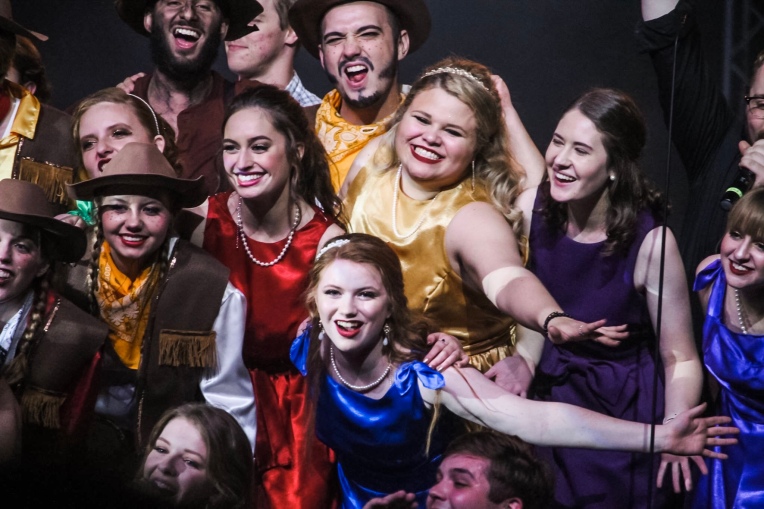
I can’t explain Makin’ Music because it’s so much more than the costumes or the makeup or the set or the vocals or the lyrics. It’s about the music inside of you— your own unique gifts and talents and person that you bring to the table. It’s the magic of being in this event that connects your heart to the heart of anyone and everyone who has ever been part of this random weekend in April. It’s about that thing that keeps people coming back.
I can’t explain Makin’ Music because it’s about love. And trying to explain love is trying to explain God. And somehow, that’s the key that pulls this whole crazy thing together.
How do you start to explain Makin’ Music? You don’t. You just love it. You just do it. You just let the magic live inside of you. You just let it change you. And then you become part of the most beautiful community of people who can’t explain it either.
The most beautiful community of people who— simply by being part of it— have truly won.
Who have won in a way that doesn’t make sense, in a way that goes deeper than anything on earth can comprehend, in way that only works because it comes from people who get that there’s so much more to life than winning. Who have won because even when we don’t win, the joy and the love and the magic that come through it are all threads that remind us there’s a better victory.
That is Makin’ Music. Just a little show at a little college in a little town that taught me about the biggest victory of all. And for that, all I can say is, thank you.

Photo credits to Becky Welch
-Amelia
Makin’ Music takes place every spring at Freed-Hardeman University. To find out more about the show, visit https://www.fhu.edu/campuslife/sociallife/makinmusic. To support to the show, visit https://dreams.fhu.edu/project/15429.
